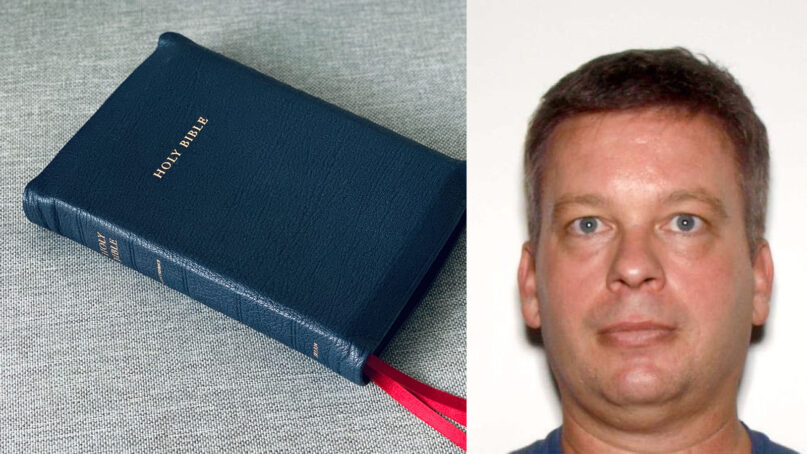DUBLIN, Ga. (AP) — Federal prosecutors are seeking a man charged in the misuse of more than $30 million donated by religious groups and individuals for Christian ministry in China, including an Ohio-based group receiving donations from Amish and Mennonite communities.
Jason Gerald Shenk, 45, formerly of Dublin, Georgia, is charged in a recently unsealed federal indictment in Georgia with wire fraud, money laundering and failure to file a report of a foreign bank account.
Prosecutors said Shenk got more than $30 million from faith-based charities and individual donors, primarily from religious communities in Ohio and North Carolina, promising to use the money to produce and distribute Bibles and other Christian literature in China.
Instead, prosecutors allege, he used a lot of it for his own purposes, such as payments to the company running his family farm, buying diamonds and precious metals, buying life insurance policies in various people’s names, online sports gambling, among other things.
Shenk remains at large, and Paschal said Wednesday he is believed to be out of the country. Court documents don’t list an attorney representing him.
The indictment states Shenk obtained about $22 million from one charitable group and its donors and about $10 million from another, along with donations from individuals. The scheme began as early as April 2010 and ran until July 2019, with Shenk renouncing U.S. citizenship in 2016 to evade financial reporting requirements, prosecutors said.
Christian Aid Ministries, which says it works with “Amish, Mennonite, and other conservative Anabaptist groups and individuals to minister to physical and spiritual needs around the world,” has acknowledged having been one of the victims but hasn’t said how much money was involved.
The Berlin, Ohio-based group told donors that such misconduct “would be a shock” if proven to be true, given “the long-term, trusted relationship we had with this contact, including many face-to-face meetings.” Christian Aid Ministries said it “ceased to use this contact” shortly after it was made aware of the investigation in April 2019.
The group said it recognizes its work in restricted countries put them at risk of exploitation given it was more difficult to verify their work. But the group said “the opportunity to reach people who had very limited access to Bibles and Christian literature was worth the risk.”
“God knows the factual details of this situation and will ultimately judge the matter correctly, regardless of the outcome of the investigation,” Christian Aid Ministries said. “If these funds were indeed misused as alleged, we sincerely apologize that this took place. Our heartfelt desire has been and continues to be that your funds be used to advance Christ’s everlasting kingdom.”
Barry Paschal, spokesperson for the U.S. attorney’s office in Georgia’s southern district, said other individual donors have come forward since word of the case broke and that officials hope more will do so. Individual donors were primarily Amish and Mennonite, and officials have been reaching out to those communities through publications that serve them, he said.





